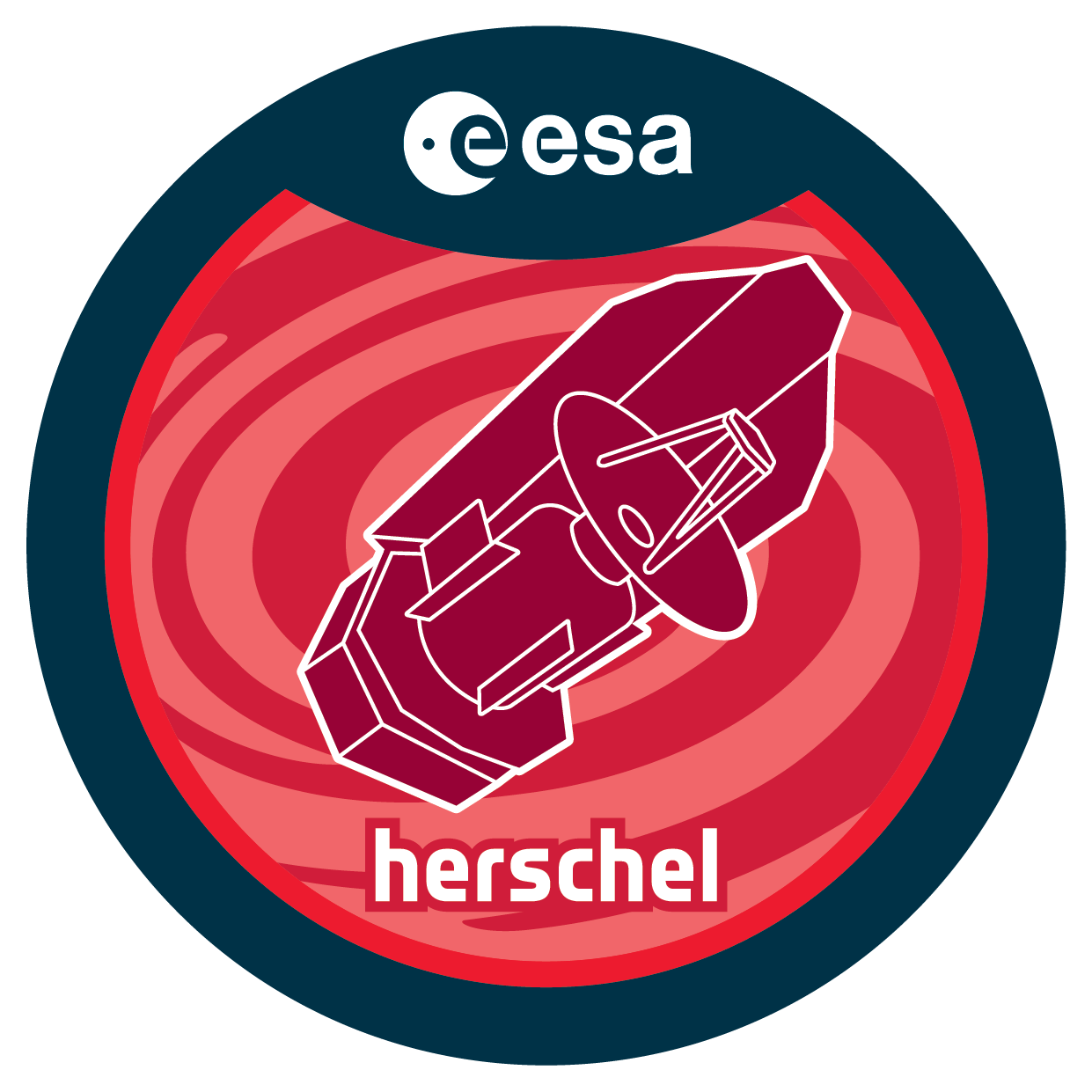

| Name | OT2_ymatsuda_1 |
| Title | The Herschel Proto-cluster Survey: SPIRE Mapping of the Nodes of the Cosmic Web at z>2 |
| URL | http://archives.esac.esa.int/hsa/whsa-tap-server/data?retrieval_type=OBSERVATION&observation_id=1342241146&instrument_name=SPIRE&product_level=LEVEL0&compress=true |
| DOI | https://doi.org/10.5270/esa-6k81uxd |
| Author | matsuda, y. |
| Description | We propose an experiment to search for signatures of rapid growth of galaxies and AGNs in a sample of three z>2 proto-clusters. These environments are exceptionally rare, pre-virialised regions corresponding to peaks in the matter density field, located at the nodes of large-scale (>10-Mpc) filamentary structures. They are the best candidates for the progenitors of the most massive clusters of galaxies (~10^15-Msun) today. We pay special attention to an unusual class of object, preferentially located in proto-clusters: Lyman alpha blobs (LABs) - 100-kpc scale luminous emission-line gas nebulae. Some LABs show signatures of recent galaxy-galaxy mergers/interactions, are often host to luminous continuum sources, and many have evidence of gas inflows/outflows in their emission-line morphology. A significant fraction of LABs have embedded galaxies detected at X-ray, mid-infrared, and/or sub-mm wavelengths, suggesting possible rapid growths of the galaxies and AGNs in proto-cluster regions. Are the proto-cluster systems more obscured than galaxies in the field? Are the protocluster systems growing more rapidly? By mapping these proto-clusters with SPIRE, we will: (1) measure SFRs in sub-mm (rest-frame FIR) for the galaxies and AGNs in the proto-clusters, and determine how much star formation is obscured (when compared to UV estimate) and (2) determine SSFRs for the galaxies and AGNs in the proto-clusters, and see how they compare to field galaxies at z=2-3. This program will deliver fundamental information on the growth of galaxies and super-massive black holes in the densest regions of the Universe at high-redshift, and provide valuable insight into the astrophysical processes that establish the trends linking galaxy properties and their environments. |
| Publication |
|
| Instrument | SPIRE_SpirePhoto_large |
| Temporal Coverage | 2012-03-04T04:00:54Z/2012-06-22T21:10:01Z |
| Version | SPG v14.1.0 |
| Mission Description | Herschel was launched on 14 May 2009! It is the fourth cornerstone mission in the ESA science programme. With a 3.5 m Cassegrain telescope it is the largest space telescope ever launched. It is performing photometry and spectroscopy in approximately the 55-671 µm range, bridging the gap between earlier infrared space missions and groundbased facilities. |
| Creator Contact | https://support.cosmos.esa.int/h®erschel/ |
| Date Published | 2012-12-22T17:57:32Z |
| Last Update | 2025-01-24 |
| Keywords | Herschel, HSC, submillimetre, far-infrared, HIFI, PACS, SPIRE |
| Publisher And Registrant | European Space Agency |
| Credit Guidelines | European Space Agency, matsuda et al., 2012, 'The Herschel Proto-cluster Survey: SPIRE Mapping of the Nodes of the Cosmic Web at z>2', SPG v14.1.0, European Space Agency, https://doi.org/10.5270/esa-6k81uxd |